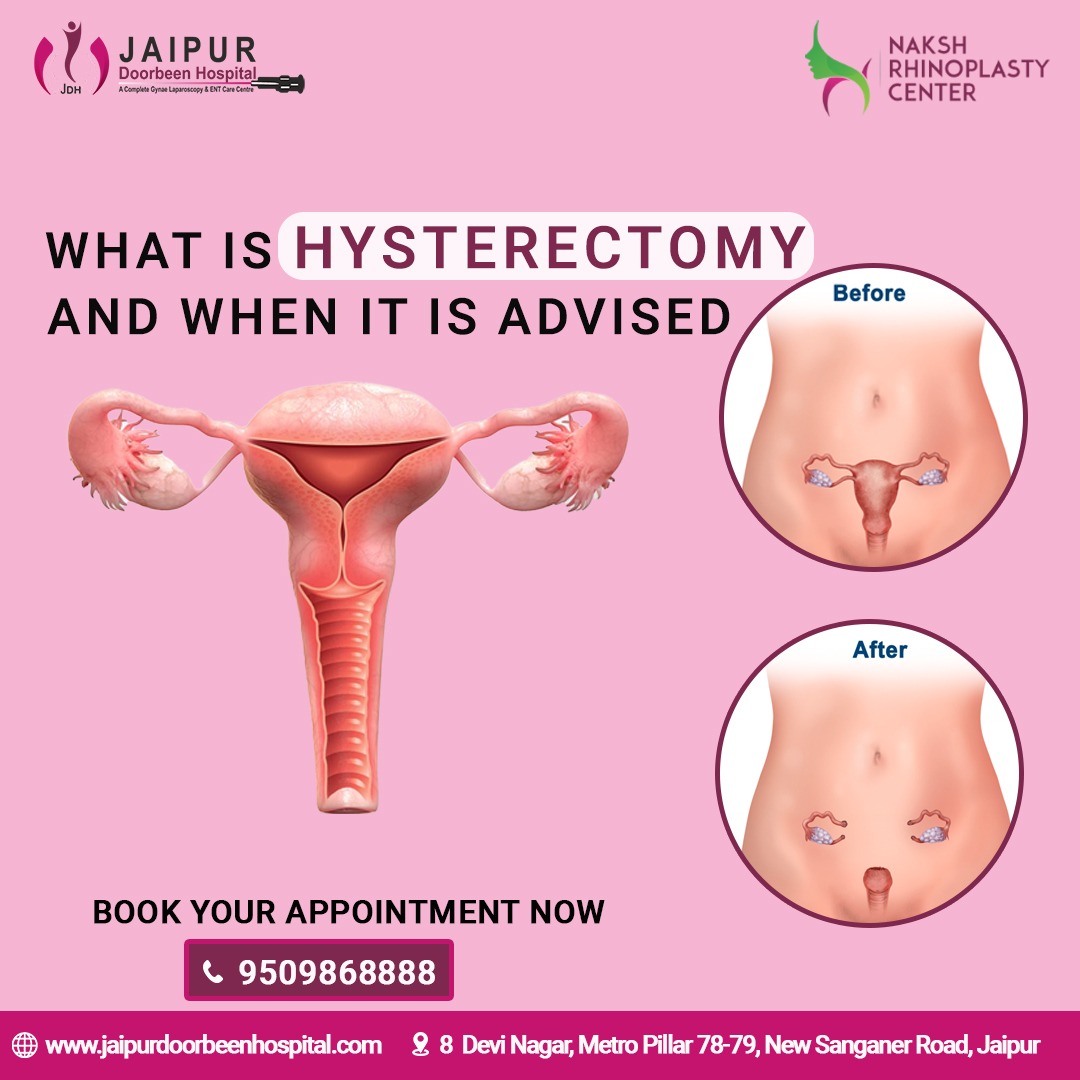08 February, 2024

The health of women encompasses various aspects, and addressing medical issues sometimes involves considering procedures like a hysterectomy, which involves the removal of the uterus. Let's delve into the definition of a hysterectomy, the circumstances under which it's suggested, and its health implications for women.
What is a Hysterectomy?
A hysterectomy is a surgical procedure that involves the removal of the uterus, and in some cases, the cervix, ovaries, and fallopian tubes may also be removed. It's a significant decision typically made after extensive discussions between a woman and her healthcare provider.
Reasons for a Hysterectomy:
Types of Hysterectomies:
Complete Hysterectomy: Removal of the cervix and uterus.
Subtotal or Partial Hysterectomy: Removal of the upper part of the uterus, leaving the cervix intact.
Radical Hysterectomy: Removal of the uterus, cervix, surrounding tissues, and possibly the upper part of the vagina, usually for gynecological cancers.
When is a Hysterectomy Suggested?
A hysterectomy is usually recommended when other treatment options have been exhausted or when immediate action is required to address severe health issues such as debilitating pain, excessive bleeding, or cancer.
Effects on Women's Health:
A hysterectomy can have physical, emotional, and hormonal effects on women. These include a recovery period post-surgery, onset of menopause if ovaries are removed, and the inability to conceive. It can also impact a woman's sense of femininity and self-image, requiring support from various sources during the healing process.
Recovery and Follow-Up:
Recovery from a hysterectomy varies from person to person but generally involves a period of restricted physical activity, a hospital stay, and follow-up appointments with healthcare providers.
Ideas and Recommendations:
Before opting for a hysterectomy, it's advisable to seek second opinions and explore alternative treatments such as hormone therapy, minimally invasive procedures, or lifestyle changes. Women should be empowered with knowledge and options to make informed decisions about their health.
Conclusion:
A hysterectomy is a significant surgical procedure with profound implications for women's physical and emotional well-being. It's recommended in cases of serious health concerns or when other treatments have failed. Women should carefully weigh their options, engage in thorough discussions with healthcare providers, and prioritize their overall well-being when making decisions about their health.